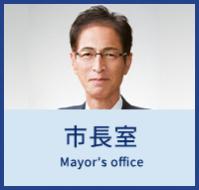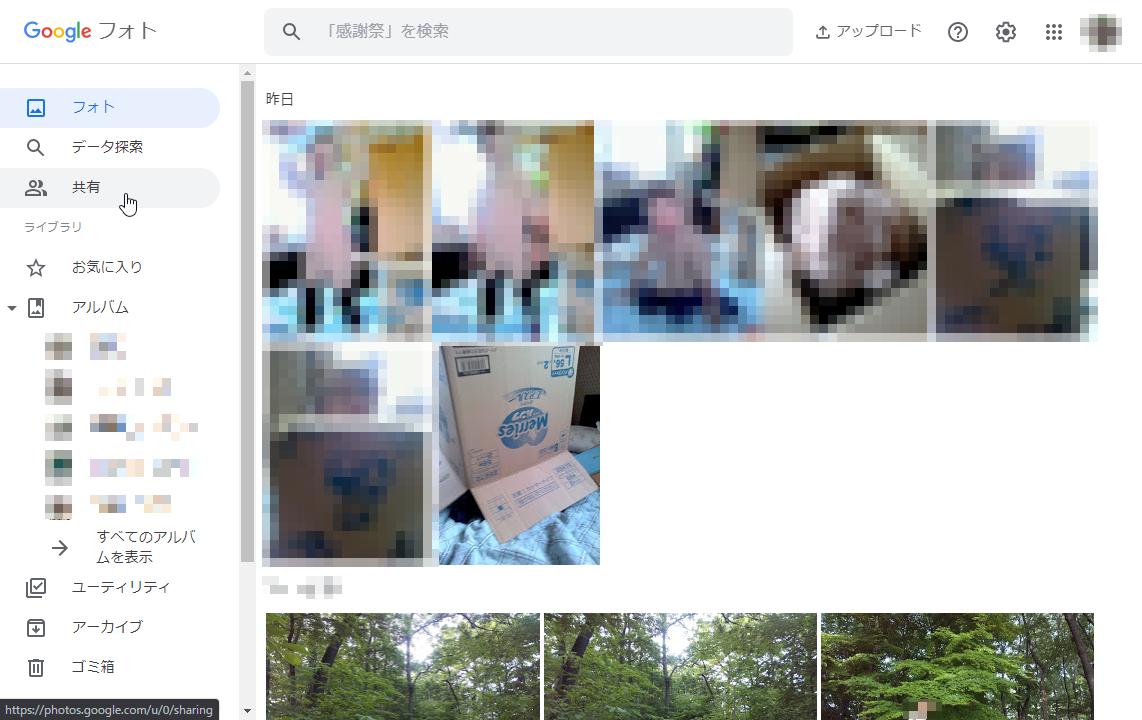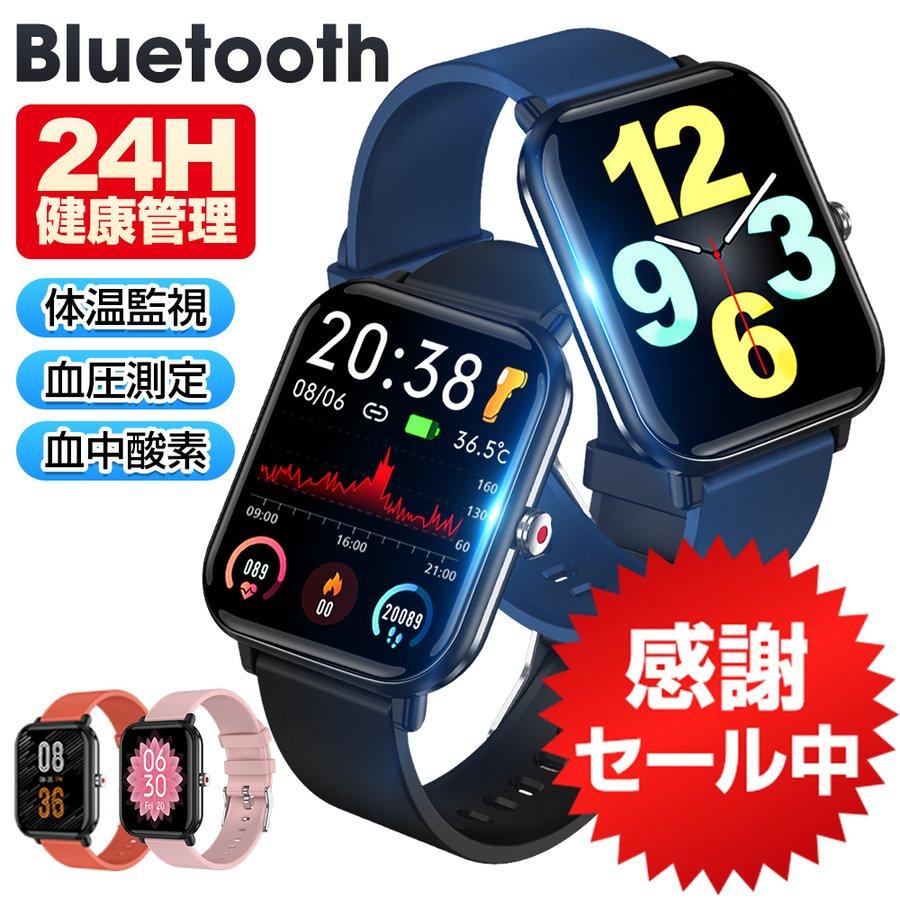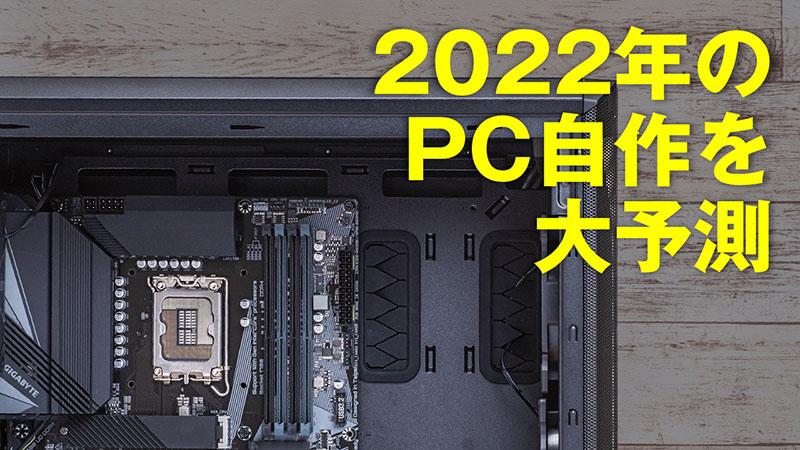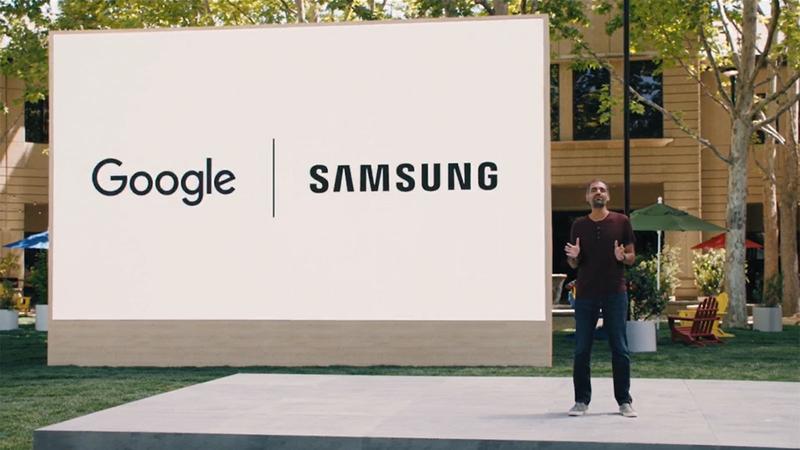To name the Japanese managers who really changed the world: Doubt "new capitalism" (Part 1): Koichiro Tsujino | To the managers in 2030 | Shinchosha Foresight | Membership international information site
This series, which started with a total of 10 scheduled times, has reached its 9th time. From the editorial department, I received a big serial title such as "To the managers of 2030", and I wrote down my own opinions and opinions that were rooted in my own experience.
I've always kept in mind that I've faced Japan's burial in a world of drastic changes and provided perspectives and action tips to turn that reality around, but the topics are GAFA, Microsoft, Tesla, and Netflix. It may have tended to be biased toward the disruptors from the United States. But when we look at the origins of technology-led revolution, that's what happens.
On the other hand, in the future, we Japanese, regardless of age or sex, would like to reinvigorate and aim to increase their international presence on the side of leading the new normal era. With that in mind, this time I would like to write about the lessons learned from the three Japanese business owners I personally respect and think about "new capitalism."
First are Masaru Ibuka and Akio Morita, who founded Sony. Recently, even if I give the names and photos of Masaru Ibuka and Akio Morita on the occasion of giving lectures to young people at universities, few people know them anymore. I've become a historical figure.
I joined Sony in 1984, which belongs to the last generation who had direct contact with these founders, but at that time, of course, both of them were active and very energetic. I know that it is also the responsibility of the generation who received their scent to tell about them.
I first became aware of Sony when I was in the lower grades of elementary school. One day, my father bought an early consumer tape recorder and came back. My own voice recorded there for the first time in my life is like the voice of another person, and I still remember the shock at that time. I felt the advancedness and luxury of the Sony brand in the logo spelled "SONY" in the typeface at that time, and the image of Sony was imprinted on my mind. Her mother was a fan of Morita, and when she found articles related to Sony and Morita in newspapers, she often cut them out and put them on my study desk.
At the time of joining Sony, the entire company was full of energy. From each and every employee, the pride and sense of mission that "we are making the best products in the world with the best technology in the world" was conveyed.
The "guinea pig," known as an experimental animal for medical use, is a symbol of Sony's challenging spirit of stepping into unknown territory and creating groundbreaking products one after another. It is said that critic Soichi Oya ridiculed "Sony is a guinea pig of Toshiba" when a new product of Sony, which was still a venture, hits, and a large company puts out a product that imitates it and steals the market. ..
Ifuka was initially indignant at this statement, but later said, "Even if it is said to be a major guinea pig, it would be good if the Japanese electronics industry developed and consumers' lives became more convenient." I came to take it positively. It is the pride of those who are at the forefront, and the essence of Sony lies in this "guinea pig spirit."
When I later joined Google, I felt that it was like an old Sony. Although it is a different company with completely different business formats, times, and nationalities, there are many engineers who are very particular about it, and I felt that young people are proud and confident and work vigorously with the world. is.
At that time, I reread Sony's founding prospectus written by Ifuka. Ibuka's noble view of the world is fully expressed in the founding prospectus, which is known in the passage of "Construction of an ideal factory that is open and enjoyable to show the skills of serious engineers to the highest degree". It seemed to be done. The style is old-fashioned, but the idea is well-suited to modern technology ventures.
Sony's challenging spirit and enterprising spirit were particular to all employees. No matter what we do, we always keep in mind that we should do it before anyone else and do it in a different way. At times, it would appear to be arrogant or uncoordinated with others. In fact, for example, in the home video recorder business, Betamax recorders were the first to be commercialized, but they failed to form an alliance in a format war with VHS and licked spicy acid.
I was also involved in the launch of the personal computer VAIO business, but even when working on a personal computer that had already been commoditized, I was bullish from the beginning saying, "Even if the contents are Wintel, I will create a completely new world of digital home appliances." Microsoft and Intel were also embarrassed by the difference from the obedient attitude of other Japanese PC makers. It is probably because of the "guinea pig spirit" that even though it was a newcomer to the last PC maker, it was able to dominate the market in a blink of an eye.
Every year, Sony rents out the large hall of a hotel in Shinagawa and gathers executives from all over the world to hold a full-day management event called "Management Association". The main theme of this event in 1992 was "paradigm shift". We had a serious discussion all day on several individual themes on how to survive the digital era in the future. It was around the time when words such as "multimedia" were popular. Today (Hello), we are pressing for management innovation such as how to prepare for the era of DX (digital transformation) and AI (artificial intelligence), and how to transform the company for that purpose. It was a big theme.
At the end of the meeting, where all the participants, including myself, were renewed while feeling comfortable fatigue and fulfillment in the long and heated discussions and presentations, Ifuka, who participated in a wheelchair, was asked for a general comment. All the 2400 participants were screamed by saying something like this.
"Today, I was told about you, but it wasn't about the new paradigm. Digital, analog, etc. are just tools, and I can't even enter into technological innovation. A paradigm shift is like Copernicus advocating the geocentric theory and overturning the geocentric theory that no one believed and doubted until then. Those who think of the new paradigm on such a scale prepare for the 21st century. It is necessary for Sony now, so I would like you to have a big discussion of such a true new paradigm.
A paradigm is by no means the truth, nor does it last forever. We are not real unless we break the paradigm of science-centric science that Descartes and Newton have built. Software gradually came in from hardware, and a lot of human minds came out, but there is a reason why it is a science of science only by satisfying the human mind straightforwardly. If you don't think about that, it won't work in the 21st century. "
I wasn't the only one who was shocked by the shock of my head. Ifuka also said that it was his will, but he died five years later at the age of 89.
He was ridiculed as "Sony is a Toshiba guinea pig," which was the essence of the Sony spirit.Masaru Ibuka [right] and Akio Morita (1967) (C) Jiji Press PhotoGiven that Amazon was founded in 1994, two years after this statement, and Google was founded in 1998, the year after Ifuka's death, the true paradigm shift that Ifuka expected was unfortunately not from Sony, but outside of Sony. It seems that it started from. However, Ifuka did not lose his stance of looking to the future with a magnificent view of the world until the end. It seems that the big talk to Sony employees at that time was also the big talk to the entire Japanese industry today.
I would like to add a representative episode about Akio Morita.
In any era, the qualities required of a management leader are the courage and attitude to face them head-on without escaping from issues and partners. If you face any predicament and deal with it without running away, you will see the way to the exit.
In the 1970s, when it developed a Betamax home recorder, Sony was sued by Hollywood for copyright infringement. Plaintiffs are Universal Studios and Walt Disney Productions. It is a case where a normal Japanese company may be upset and settle a settlement, give up selling the equipment, and pay a huge settlement fee.
Morita, on the other hand, stood in front of the proceedings without taking a step. For him, the technology and products of home video recorders will bring great convenience and new business opportunities of "Sampo good" to general users, the development of the home appliance industry, and even the plaintiff's content owner. Probably because there was unwavering conviction. Morita repeatedly insisted that it was not copyright infringement, using the term "time-shift".
The result was a terrible one, winning in the first instance, losing one in the second instance, and the final conclusion was brought to the Federal Supreme Court in Washington, DC, and after redeliberations by nine Supreme Judges, the case was won 5-4. rice field. It takes eight years from the filing to the conclusion of the trial.
However, as a result of Sony's victory without running away, as Morita expected, a new huge market was created not only for home appliance makers but also for the plaintiff's content owners in the form of secondary and tertiary use of content. .. Considering that it has developed into the DVD and Blu-ray markets later, and is also connected to the current SVOD (Subscription Video On Demand) markets such as Netflix, Amazon Prime Video, and Disney Plus, it is industrial history. It can be said that he won a judgment with great significance. In other words, if you trace the origin of the current Netflix prosperity, it means that Morita will not give in to the threat from Hollywood at all and will reach the attitude of not giving up a step. At least I interpret it that way.
The third is Sazo Idemitsu, the founder of Idemitsu Kosan. Idemitsu, who also wrote "Return to the Japanese," was a manager with a strong commitment to being Japanese.
He lost most of his assets in the Pacific War, but accepted the demobilized employees without beating them, and two days after the Jewel Voice Broadcast, gathered all the employees and told them to "stop complaining." "We must not lose the pride of the great people just because we lost the war. Even if we lose everything, as long as there are Japanese people, this country will surely rise again," he said. Along with the command, he overcame many hardships and revived Idemitsu Kosan.
Sazo Idemitsu valued Japan's unique ideas, culture, and spirituality, such as "mutual assistance" (C) Current affairsHaving a unique management philosophy based on "large family principle" and "respect for human beings", he warns against Western capitalism and rationalism, and confronts them head-on without being overwhelmed by unreasonable pressure from Western oil majors. The person who did it. He admonished himself, "Don't be a golden slave," and cherished Japan's unique ideas, culture, and spirituality, such as "mutual assistance." There are various anecdotes about Idemitsu, but the representative one is the Nisshomaru incident.
Iran, which had been independent after the war but was at the mercy of the conflict of interests of Western countries, placed the country's oil resources, which was considered to be the largest in the world at that time, under the control of Anglo Iranian (predecessor of BP), a British oil major. It was being killed. As a result, neither the Iranian treasury nor the people benefited from oil, but in 1951 the country declared the nationalization of the oil industry and began to expel Western countries. Britain, which opposed this, dispatched a warship to the Middle East and warned the international community that it would "sink foreign tankers who came to buy oil in Iran." Iran stiffened its attitude toward Britain, which enforced economic sanctions and embargoes, and was in a state of immediate urgency. This is the so-called Abadan crisis.
On the other hand, Japan, which was occupied by the Allies after the war, was still under the strong influence of the United States and Britain even after the occupation ended, and it was not possible to freely import oil through its own route, which was a major obstacle to economic recovery. Was there.
Concerned about Japan's early economic recovery, which was tied up with the plight of the Iranian people, Idemitsu decided that the economic sanctions on Iran in the United Kingdom were not justified under international law, and decided that the company's tanker "Nisshomaru" was used to purchase crude oil. I decided to send "the second generation" to Iran. Prepared to attack and capture from the Royal Navy, the ship secretly departed from Kobe Port and succeeded in breaking through the naval blockade and bringing back crude oil from Iran while escaping the eyes of the Royal Navy by disguising the route. This was a case in which Idemitsu Kosan, which was only a small and medium-sized enterprise at that time, sold a quarrel to Britain, and attracted a great deal of international attention.
Anglo-Iranian, claiming ownership of the cargo, sued Idemitsu and pressured the Japanese government to impose administrative sanctions on Idemitsu, but Idemitsu was on the side of domestic and international public opinion. The legitimacy was recognized and Idemitsu ended up with a total victory. This incident pioneered direct transactions between Japan and oil-producing countries, and is said to have triggered the release of oil from major control and the promotion of free trade worldwide, but above all, it is confident in the defeat. It greatly energized the Japanese people at that time when they had lost.
Now that Russia's invasion of Ukraine has become a reality, Idemitsu's courage and determination at that time is even more exciting. (Continued to the second part)
* You can read "Jeff Bezos says," It's important that things don't change even after 10 years ": Doubting" new capitalism "(Part 2)" from this link.
【news】
The "Foresight Seminar" by Koichiro Tsujino will be held on March 10th (Thursday). The theme is "Towards the 2030s when" individuals "become innovation centers."
In order for Japanese companies to regain their true competitiveness, creative destruction by "individuals" is indispensable. The biggest key is DX. We propose a new growth mindset that challenges the rapidly changing world by developing "To the managers of 2030".
Click here for how to apply. Now accepting favorable reviews!


